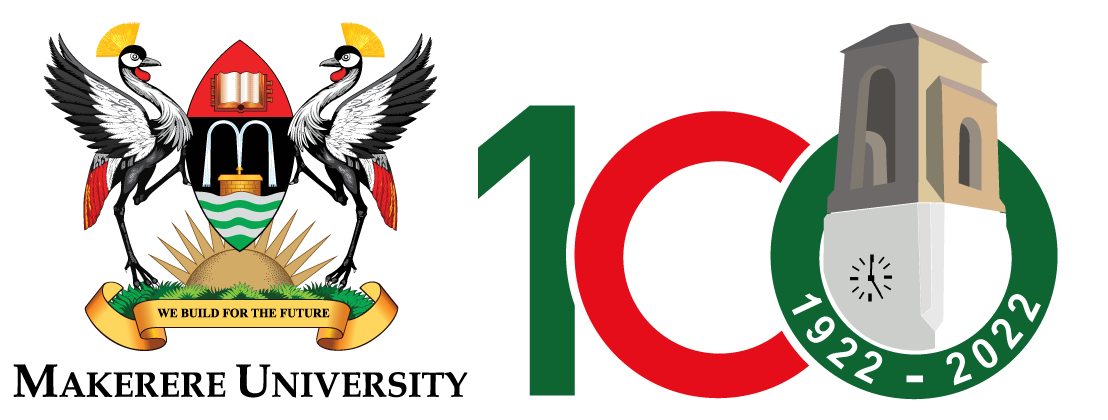Abstract
This study aimed to explore the work and learning experiences of graduates of Technical Vocational Education and Training (TVET) institutions who were working in central and western Uganda. Anchored in the theory of communities of practice (CoPs) and connective model of learning, the study adopted a qualitative approach and followed an interpretive paradigm. Data was generated through in-depth interviews, observations and document review. The study reveals that while the TVET institution prepared learners for work using both theoretical and practical content, there were limited practical lessons due to limited and outdated equipment. The methods employed in teaching and learning at the TVET institution were largely formal, while those employed in the garages were non-formal. Findings further reveal that beyond the competences, graduates obtained from TVET institutions, they acquired additional and new competencies at workplaces. These include driving, bargaining and training skills, management, detecting vehicle faults, and handling vehicle breakdowns in emergencies, and these were recognised by peers, employers and customers. The competences enabled graduates improve the quality of their work, get more job opportunities, networks and increased their earnings. However, the graduates perceived that it was not necessary to have these competencies assessed by DIT because assessment could not give them additional benefits. As a result, graduates failed to acquire further qualifications due to a lack of interest, family responsibilities, inadequate finances, satisfaction with the skills they obtained earlier, and limited study time. Additionally, findings reveal that, irrespective of whether graduates had obtained DIT or UBTEB certificates, they learned how to balance work, learning, and training through delegation, guidance and effective communication. Thus, the non-formal learning in garages was perceived by the graduates as satisfying their learning needs. The study concludes that while the TVET institution trains their learners with more theoretical knowledge, this knowledge is useful in learning new and additional competences at workplace which significantly expands their career opportunities and advances their work potential. The study recommends that there is need for TVET institutions and garages to be furnished with modern equipment to provide learning and work experiences that are relevant to changing demands.
Supervisors:
Dr. Ephraim Lemmy Nuwagaba - Department. Of Adult, Community and Lifelong Learning Kyambogo University
Dr. Constant Mudondo - Department of Adult, Community Education Makerere University
Prof. George Ladaah Openjuru - Department. Of Adult, Community and Lifelong Learning Gulu University
Defense Chair:
Dr. Harriet Nabushawo – Dean School of Distance and Lifelong Learning Makerere University
Join Zoom Meeting
https://rb.gy/uxlagt
Meeting ID: 94360511854
Passcode: 407002

